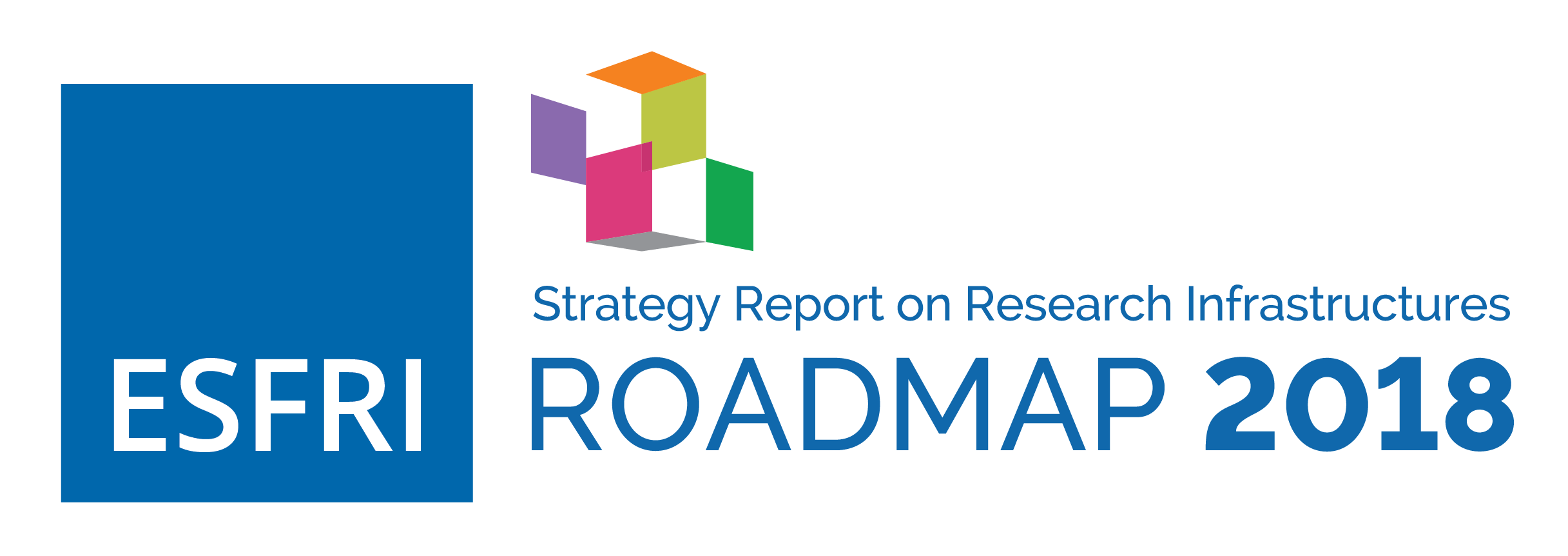High Strategic potential Areas of Research in the Field of Social and Cultural Innovation
RELIGIOUS STUDIES
Religious studies have become very relevant not only for researchers, but also social actors and decision makers since positive knowledge on religions is a prerequisite to develop informed dialogue and effective policy in the evolving multicultural society. The economic and demographic crisis affecting Europe, as well as the concurrent immigration from other parts of the world, destabilizes the perception of the European society also in terms of an evolving religious landscape. New forms of orthodoxy appear and social discontent and radicalism are expressed frequently in religious terms which is also a threat to social cohesion in the EU. At the same time, religion has played a central role in social integration throughout the history of humankind and it is important to understand its evolution in a changing European society. In this context, specialized research in the broad field of religious and related sociological studies is of high potential strategic value for addressing the challenges of the evolving European societal landscape and dialogue with the neighbouring countries. To effectively address these challenges, scholars and other users who deal with issues related to religions need open access to libraries, archives, human and digital resources, as well as the dedicated services, at a higher level than typically available today at the existing national research centres and laboratories, or at excellence clusters. Cooperation of scholars in religious studies, like in the H2020-funded Research Infrastructure on Religious Studies initiative (ReIReS)Research Infrastructure on Religious Studies – ReIReS https://cordis.europa.eu/project/rcn/213376_en.html project, can be of high potential strategic value for creating a diachronic understanding of the historical development of religions and for enabling the appropriate elaboration of tools to manage inter-religious stress.
DIGITAL SERVICES FOR OPEN SCIENCE
Scholarly communication practices in the social sciences and humanities need to be reinforced in order to implement Open Science principles. There is a fragmented and generally sub-critical level of activity corresponding to traditional university presses, other scholarly-led publishers, publication platforms, libraries, service providers and research networks that limits the high innovative potential of this area and its contribution to the effective implementation of the goals of Open Science. Specific challenges of the social sciences and humanities domain need to be addressed: publication typologies – research monographs, critical editions – multilingualism, strong connections of research with local communities. This generates a need of advanced interoperability across the sector and its perspective integration into the EOSC. The need of creating a robust open scholarly communication system capable of contributing to Open Science is evident as well as the opportunity to build it on existing know-how, technologies, infrastructures, business models and funding streams. Cooperation on the development of pan-European services in this field, like in the H2020-funded Design for Open access Publications in European Research Areas for Social Sciences and Humanities (OPERAS-D)Design for Open access Publications in European Research Areas for Social Sciences and Humanities – OPERAS-D https://cordis.europa.eu/project/rcn/206231_en.html project, can be of high potential strategic value for promoting better accessibility and interoperability of SCI data and services.




